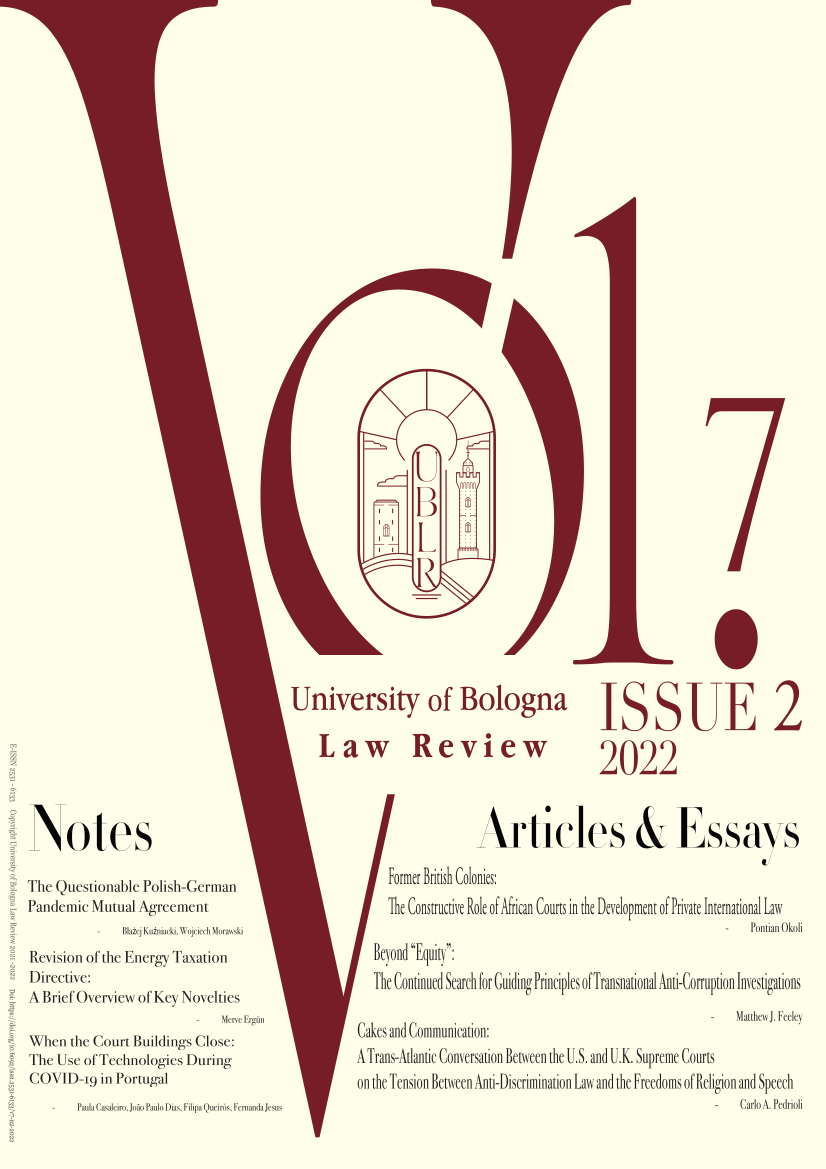Former British Colonies: The Constructive Role of African Courts in the Development of Private International Law
DOI:
https://doi.org/10.6092/issn.2531-6133/15830Keywords:
Comparative Law, Legal Context, Common Law, Judicial Discretion, Foreign JudgmentsAbstract
Significant strides have been made in efforts to facilitate the resolution of international disputes in Africa. However, cross-border issues that concern private litigants have remained challenging. One major reason is the legal history of relevant countries which often makes it difficult to contextualize legal principles inherited before independence. It is sometimes unclear how African courts determine the current law and how their discretionary powers should be used. This challenge is complicated where scholars focus on what they consider that the law ought to be without first accepting what the law is. Any sustainable growth of private international law requires a systematic approach to legal developments. Using the main comparators of South Africa and Nigeria, this article examines the connections between legal traditions and the legal methods that are required to ensure that there is a sustainable development of private international law in Africa. The core enquiry is set on a tripartite structure. Law in context, fidelity to context and functionalist approaches are essential elements that should drive the resolution of disputes in private international law matters. A dominant theme is how the recognition and enforcement of foreign judgments should be examined through appropriate interpretational mechanisms.
Downloads
Downloads
Published
How to Cite
Issue
Section
License
Copyright (c) 2022 Pontian Okoli

This work is licensed under a Creative Commons Attribution 4.0 International License.








